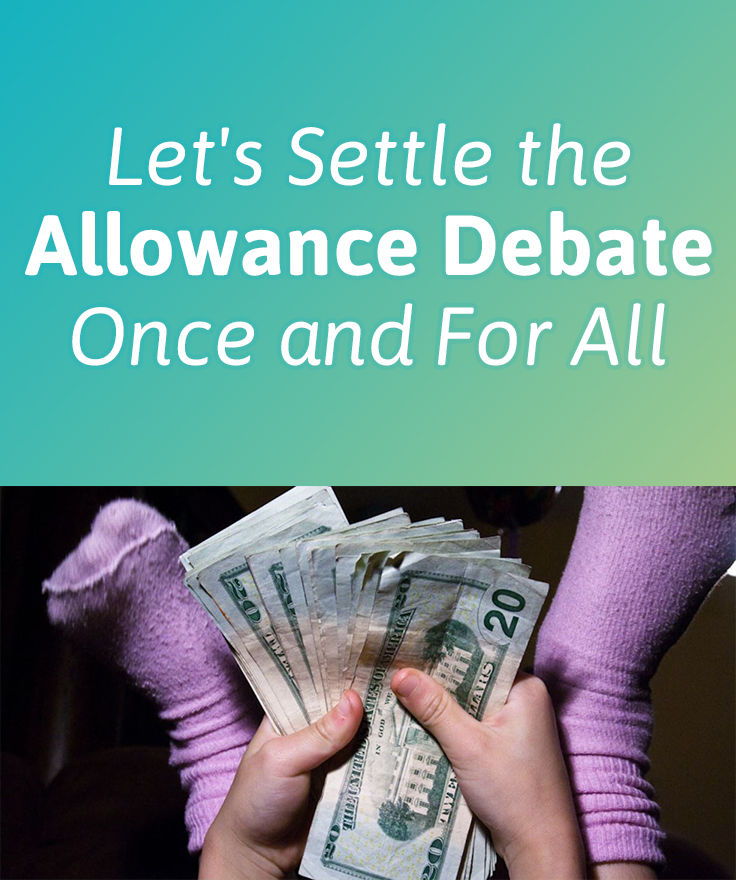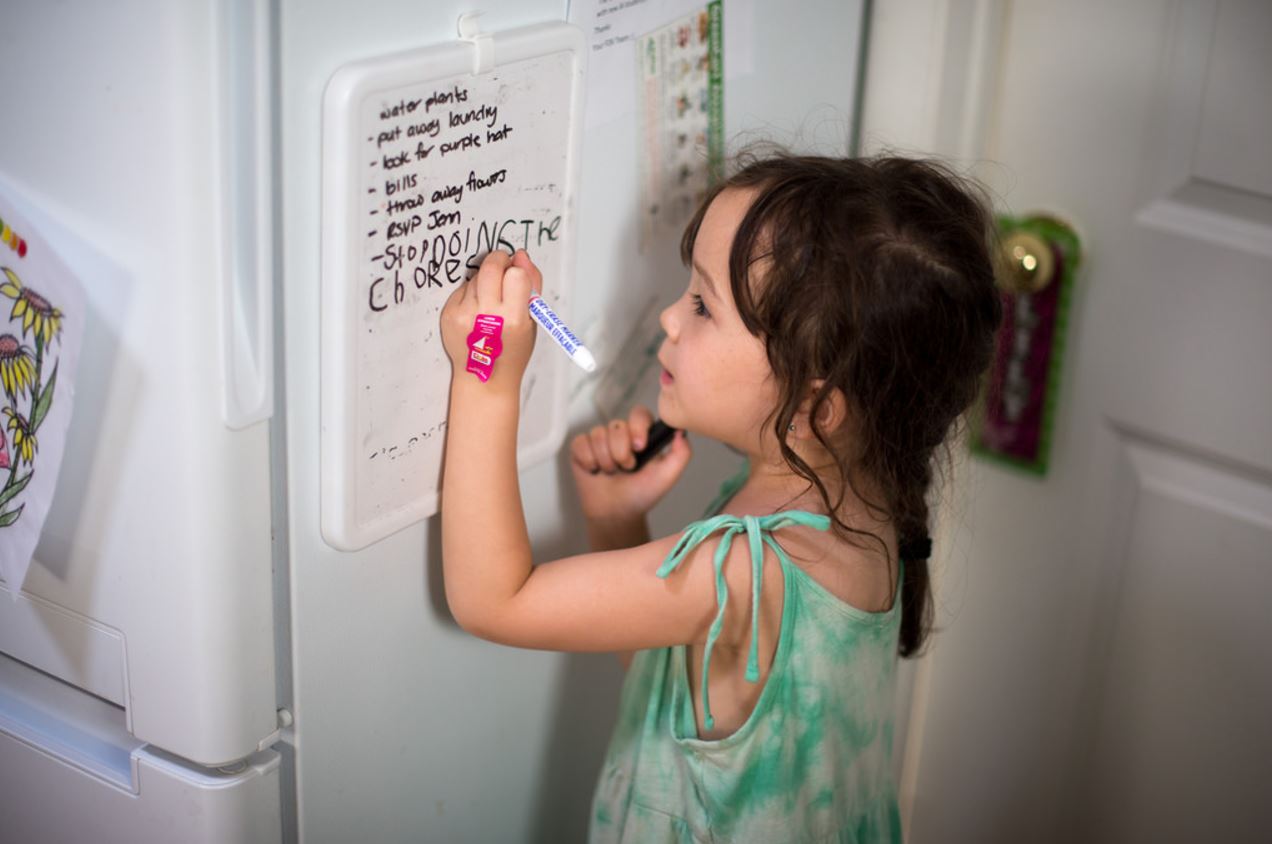 Allowance has been a topic of debate for years. Some parents feel that by giving a child money for their work, they will learn to value things. However, the concept of working hard isn’t always about the reward. It’s imperative to make sure you’re teaching your child the valuable lesson of working hard.
Allowance has been a topic of debate for years. Some parents feel that by giving a child money for their work, they will learn to value things. However, the concept of working hard isn’t always about the reward. It’s imperative to make sure you’re teaching your child the valuable lesson of working hard.
If you are a parent who feels obligated to pay your child for doing his/her chores, you might want to reconsider your actions. Your child has to learn that not everything we do comes with a reward and that our motivation for doing things should originate from a deeper place.
Should Kids Get an Allowance?
Before we have this discussion, let’s make sure we’re all speaking the same language. The term ‘allowance’ as used in popular culture is a regular payment of money to kids that is not based on a reward-for-behaviour system. This kind of allowance is one of the many problems leading to entitlement culture in our society. However, the benefits of learning basic financial management cannot be overstated.
So rather than paying an allowance just because your kid is sucking air, why not pay kids a commission for doing chores or earning good grades? Children spend money that they didn’t “earn” very differently. For instance, your child might buy a whole bag of candy with your money. You will see that your kids are more frugal with their own money – especially if you’re teaching them good financial management skills along the way.
How to Motivate Your Child to do Chores
As a parent, you aren’t obligated to give your children allowance for doing chores. In fact, Slyman Brothers recommends that kids do not get paid for simple chores such as emptying the dishwasher or making the bed, as these chores are life skills, and children need to understand that they are not optional. However, you can teach your child many lessons with earned money by paying them a commission for more challenging chores or chores with a special benefit to the family – such as gardening, weed-pulling, or cleaning a shared bathroom.
Provide your child with a savings account or their own piggy bank and encourage them to save, share, and spend responsibly. You can also teach your child how to invest their money instead of buying things they won’t use for long. That will teach your child how to manage money in the future when they have bills to pay along with other necessities. You can also make the chores a fun activity. For example, do a 30 second quick clean up with music. If you have multiple children, you might find that making the competitive chores activity works just as well. And don’t worry about tracking responsibilities and jobs or their payouts – we do that for you.

Benefits
- independence
- good manners
- sense of responsibility
- good work ethic
- financial responsibility
- sense of pride
- boost of self-esteem
- money management skills
Chores for younger kids
If you have smaller children in your home, it would be wise to consider different tasks that they can do. Hand-washing dishes might be too challenging for younger hands. Consider investing in a dishwasher if you don’t have one already. The last thing you want is them dropping glass bowls. For parents with toddlers, teach them to clean up after themselves by assigning color coated cubbies for their toys. As for pre-teens, you could give them a bit more responsibility and assign them to do laundry, fold clothes, dust furniture, wipe down kitchen cabinets, etc. Those inside chores don’t necessarily require any monitoring. Teenagers can iron clothes, unload the dishwasher, prepare small meals, wash the car, check mail, and mow the lawn. It is never too soon for your child to start doing chores. When they get older and leave, they will be beyond ready and capable of caring for themselves.
You want to make sure that your child isn’t expecting money just because they’re breathing air. You must first teach them that there are consequences if they refuse to do their chores. For example, you can take away their games/toys, move their bed time up sooner, give them a time-out, etc. Most importantly, do not pay allowances for undone chores. When your children start complying with your rules, then you can implement an ‘allowance’ and teach them how to value money.
Tags: allowance, chores, chores for kids, commission for chores, homey app
